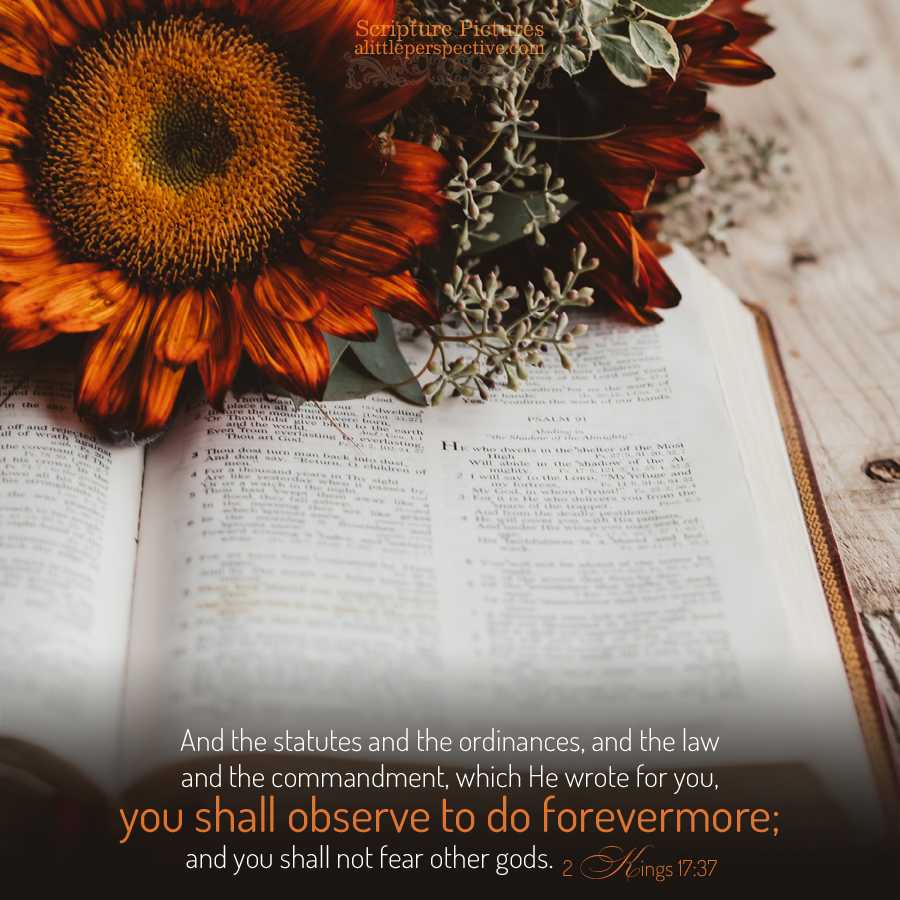Watch
Events
Articles
Market
More
On another note, I STRONGLY recommend It's Good to be a Man but Michael Foster and Bnonn Tennant.. while their root perspective is churchianity, they have a bombshell book about Biblical masculinity. They discuss in terms of rebuilding men to build families, to build the church, to build society. I would simply make the mental adjustment to man, family, clan, tribes and kol Israel.




Shalom, men. Lots of new growth on TTN. Be sure to meet and connect w the men and invite them here to strengthen and encourage each other.. also, ALL of us need to be active. This group and the others we are connected with are only as good as we make them. Participation and fellowship are important contributions!
Men of Valor take responsibility and stand in the gap!



The Perpetual Commandments of #torah
https://www.alittleperspective.....com/the-perpetual-c
The commandments of Torah are called in many places, that which we are to observe to do forever; everlasting ordinances, perpetual statutes, that which we are to observe throughout our generations.
‘If you sin unintentionally, and do not observe all these commandments which YHVH has spoken to Moses—All that YHVH has commanded you by the hand of Moses, from the day YHVH gave commandment and onward throughout your generations—’ Num 15:22-23
And the statutes, the ordinances, the law, and the commandment which He wrote for you, you shall be careful to observe forever; you shall not fear other gods. 2 Kin 17:37
I began meditating on this when I saw the same language used in many places in the instructions to Aaron and his sons regarding their temple duties. For example:
And when Aaron lights the lamps at twilight, he shall burn incense on it, a perpetual incense before YHVH throughout your generations. Exo 30:8
The temple is no more, the temple furnishings are no more, the priesthood carrying out their temple duties are no more; so how are these commandments perpetual, everlasting, and observed throughout our generations? Haven’t there been 2000 years of generations where these perpetual commandments were not perpetual and everlasting? Many in the Christian church teach that there is a division in the Torah commandments between moral instruction – ‘Thou shalt not murder’ – and ceremonial instruction – ‘The priest shall light the lamps at twilight.’ They reason that the moral instruction is everlasting, while the ceremonial instruction was for a limited time and place. Torah itself, however, does not make such a distinction.
I have enough experience with the teaching tools of Torah to know that Torah often sets up intentional puzzles like this one for the purpose of getting us to dig deeper, to discover how the command does not contradict, and is still perpetual and everlasting. I am studying how this can be so in this new series, The Perpetual Commandments of Torah.
Stay tuned …
mewe @ mewe.com/join/a_little_perspective
Gab @ ChristineMiller
Torah Network @ ChristineMiller




I'm joining here because my wife's family was old order Amish. While I grew up conservative southern Baptist, mostly reformed theology, we were connected to Bill Gothard's ATI for much of my growing years, not Anabaptist or plain dressers but many plain peoples (mostly Mennonite) were included in the organization.


